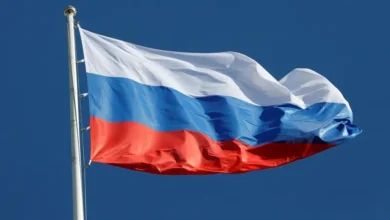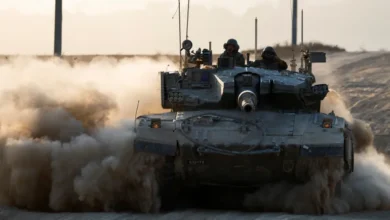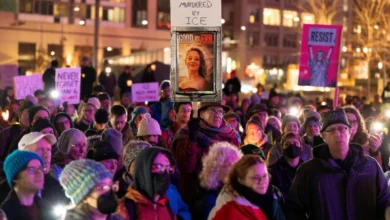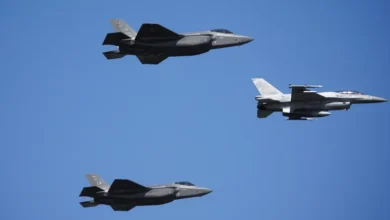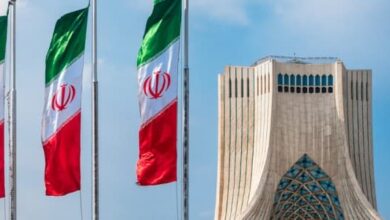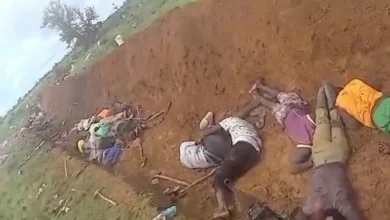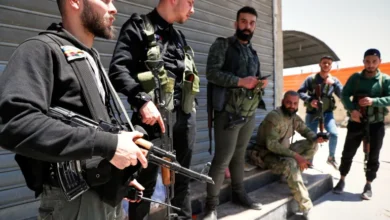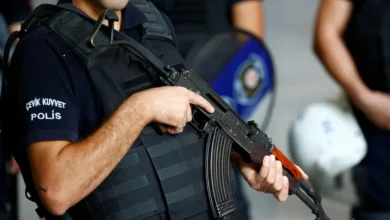‘Russia backs Kamala Harris’: Putin’s history of US election ‘endorsements’
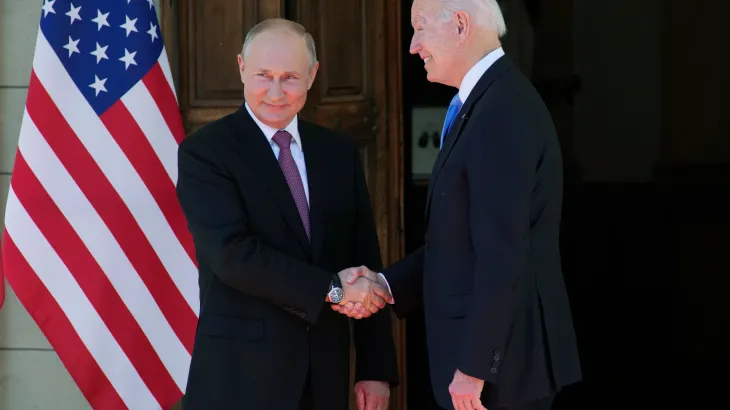
Russian President Vladimir Putin on Thursday said Moscow would back US Vice President Kamala Harris, the Democratic Party’s nominee, in presidential elections in November.
The nature of Putin’s comments suggests he was joking, or trolling the Harris campaign, at a time when the US government under the Joe Biden administration has levelled new allegations that Russia is seeking to interfere in the November vote, to favour former President Donald Trump.
Yet whatever Putin’s motivations for the comments on Harris, they are the latest iteration of the Russian leader’s attempts to inject Moscow into the US electoral process.
This is not the first time Putin has thrown his support behind a US presidential candidate. Putin himself has been in Russia’s top job since 2012. He was also president between 2000 and 2008.
Al Jazeera recaps two decades of the Russian president’s tongue-in-cheek meddling in US elections.
Did Putin endorse Harris?
At an economic forum in the Russian Far East port of Vladivostok, Putin wryly said that current President Joe Biden was his “favourite”.
Since Biden has dropped out of the race and endorsed Harris, she was Putin’s next best bet, the Russian leader teased.
He added that Harris has an “expressive and infectious laugh”, which indicates “she’s doing well”. The audience broke into scatted laughter as he said that if Harris is doing well, maybe she would not impose sanctions on Russia.
“I don’t know if I’m insulted or he did me a favour,” Republican challenger Trump responded at a campaign stop at the New York Economic Club on Thursday.
Putin’s comments came a day after the US Department of Justice accused Russian-owned state broadcaster RT of campaigning to sway the US vote, indicting two Russian journalists.
But this isn’t the first time that Putin has stirred the pot of US domestic politics.
2004: Putin endorses Bush
In October 2004, Putin endorsed Republican incumbent President George W Bush. He said that if Bush lost it would lead to the “spread of terrorism” globally.
Bush had been facing criticism from Democratic challenger John Kerry for not adequately tackling “terrorism”.
This was amid the war on Iraq which started in 2003 after the US under Bush invaded the country.
Bush defeated Kerry in the 2004 race and was re-elected as president.
2008: Russia leans towards Obama win
While Putin did not make a clear endorsement in the 2008 US presidential race, experts were clear that a win for Democrat Barack Obama over Republican John McCain was Russia’s preferred outcome.
While both Obama and McCain held a harsh stance on Russia, Kremlin officials believed that under Obama, a newcomer at the time, US-Russia relations could start with a clean slate unlike under Cold War veteran McCain.
After being in office for two terms between 2000 and 2008, Putin was constitutionally barred from assuming the role of president for a third consecutive term.
Hence, Dmitry Medvedev rose to the top job with Putin as his premier. However, it was widely believed in Russia and globally at the time that Putin continued to hold real power in Russia. It was said that Putin and Medvedev ruled in “tandemocracy”.
